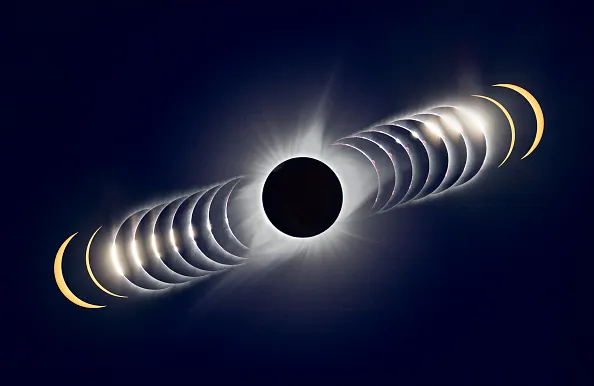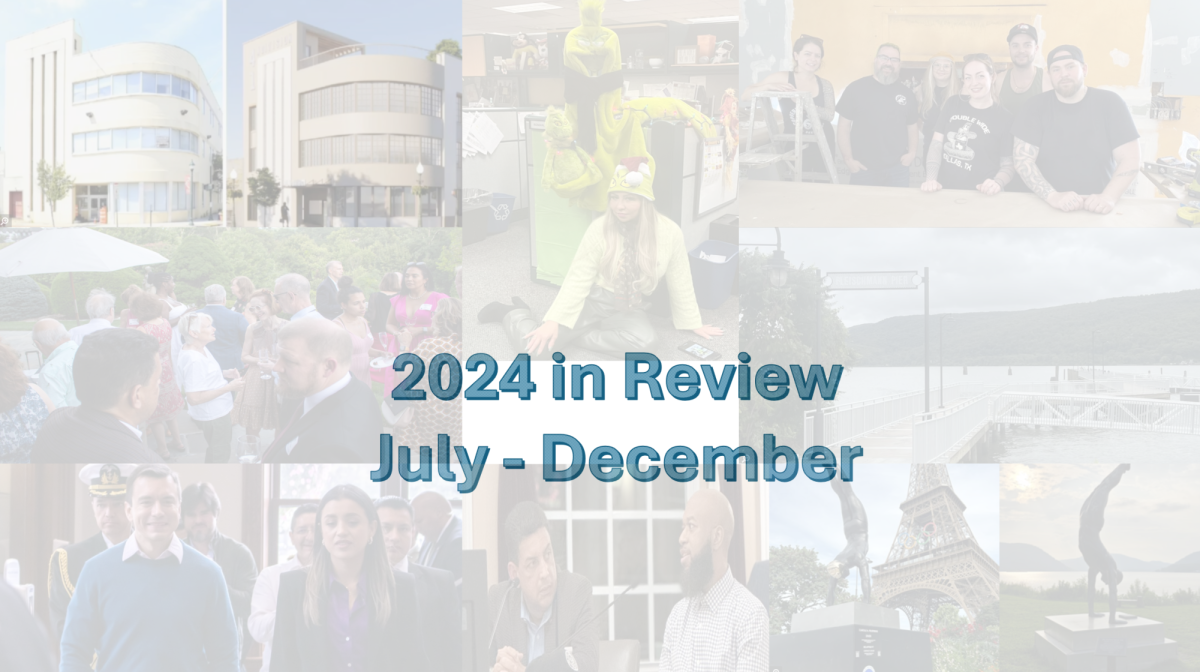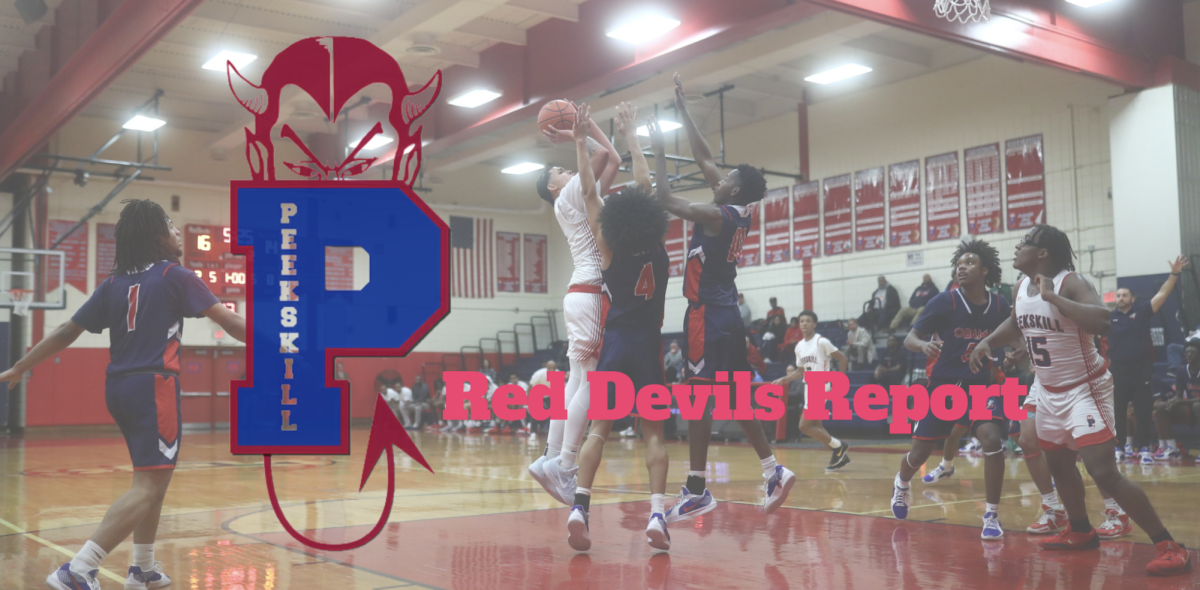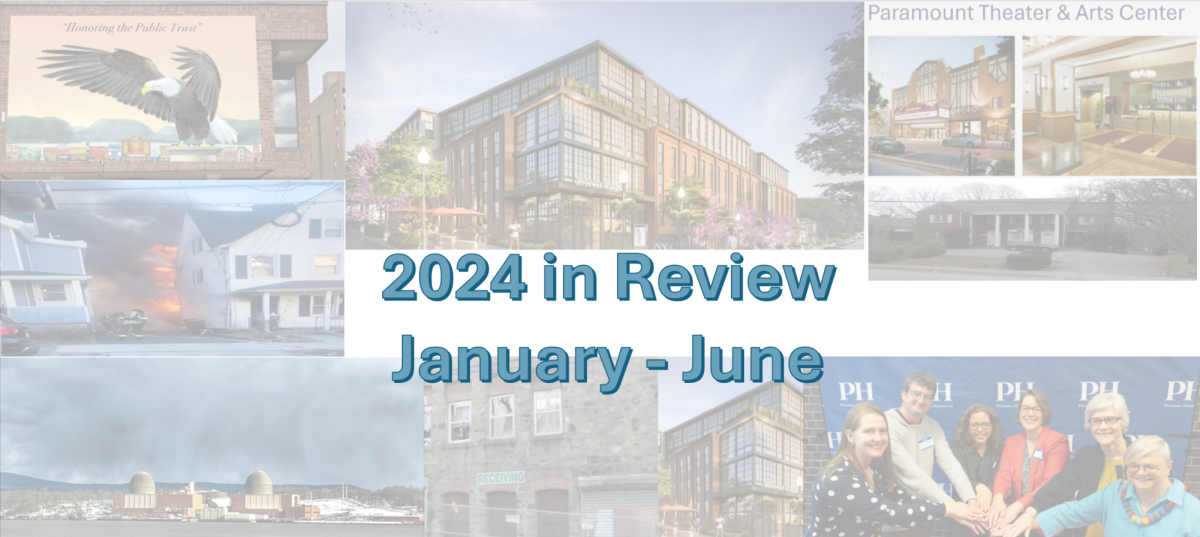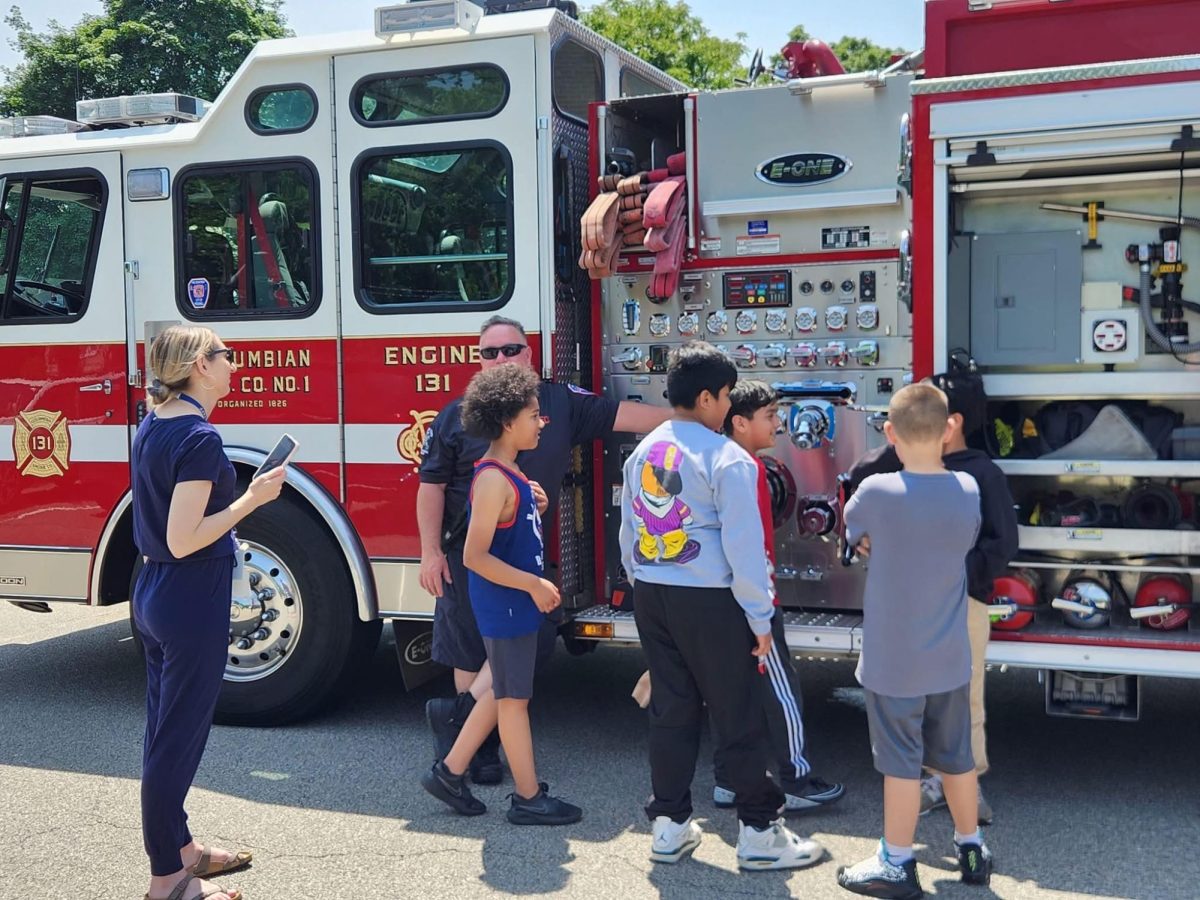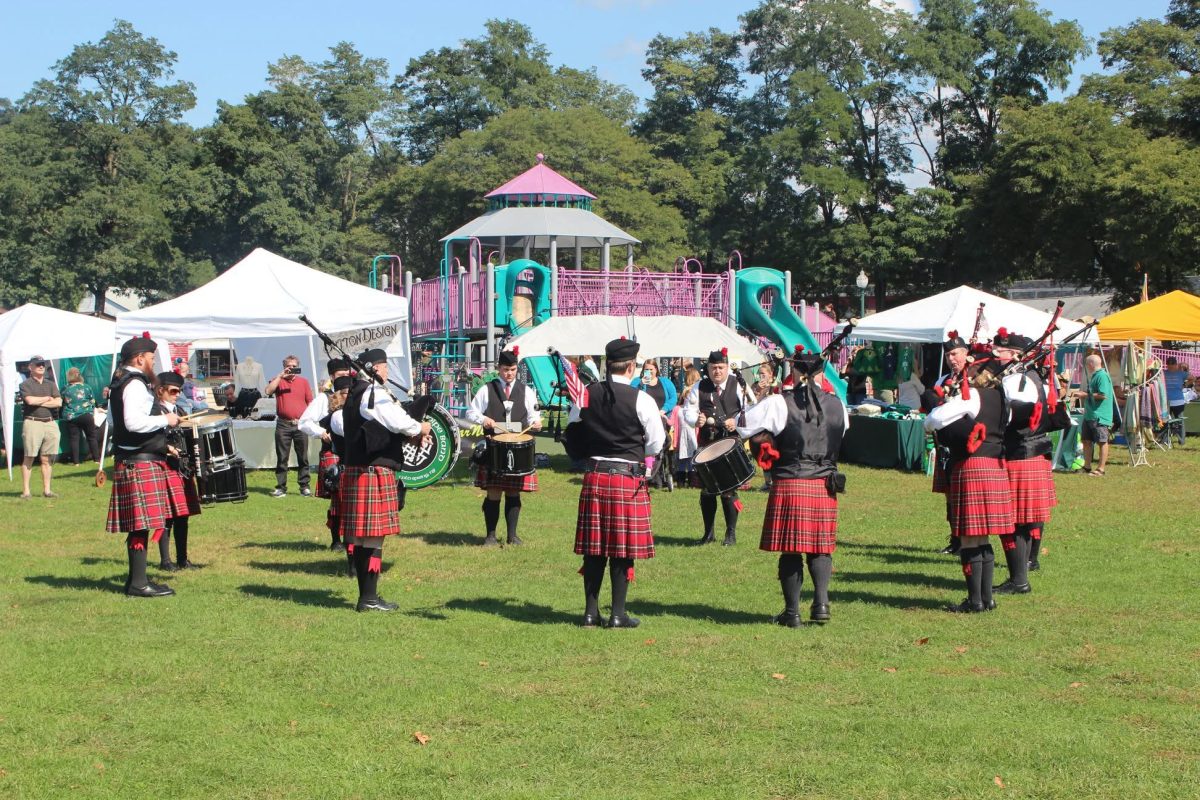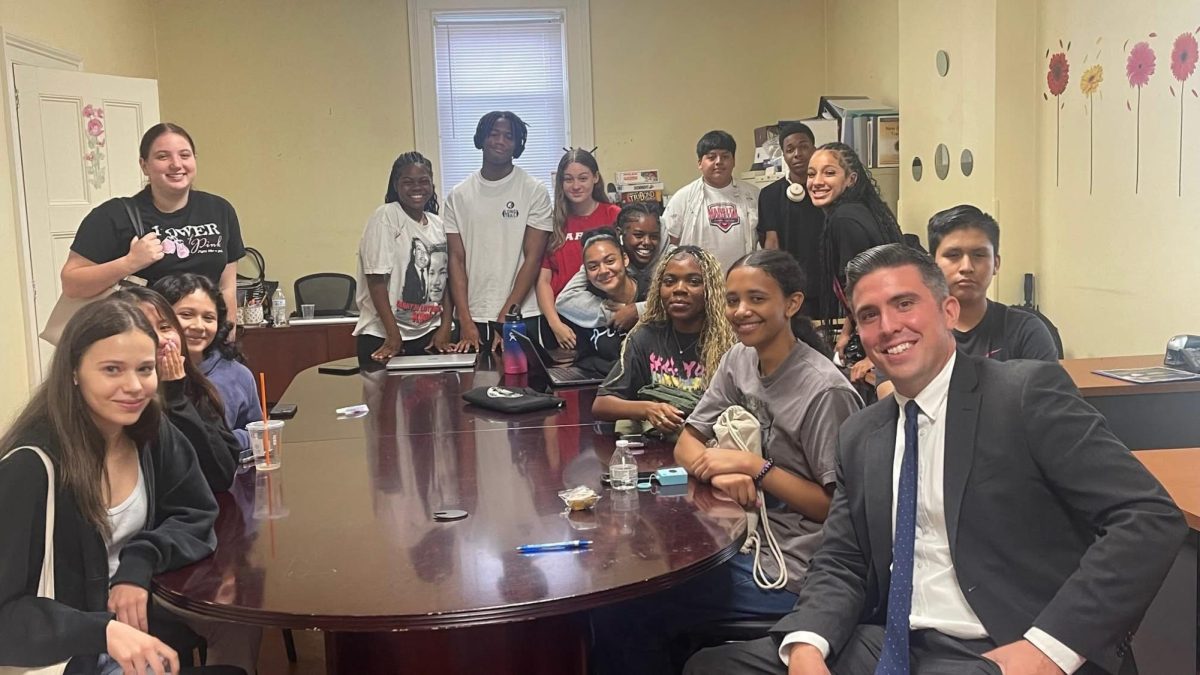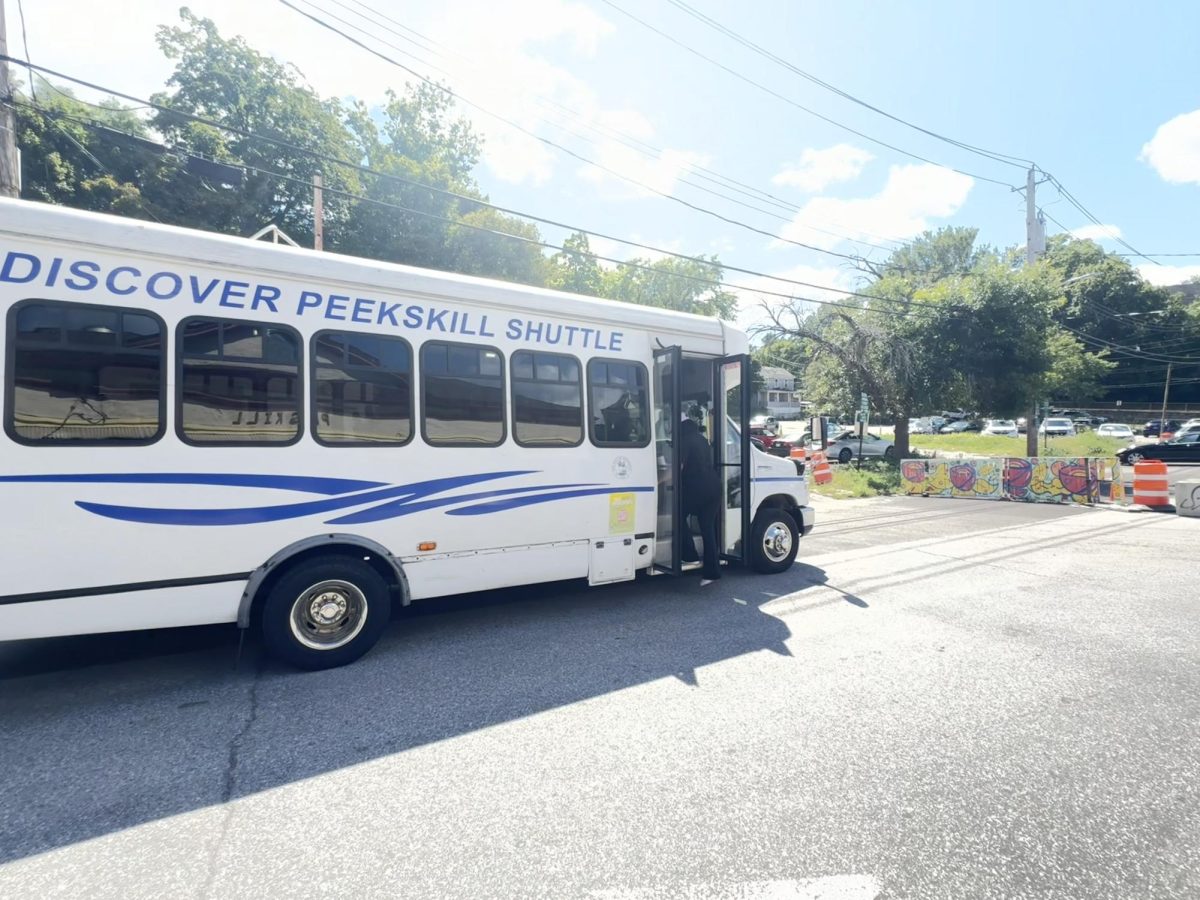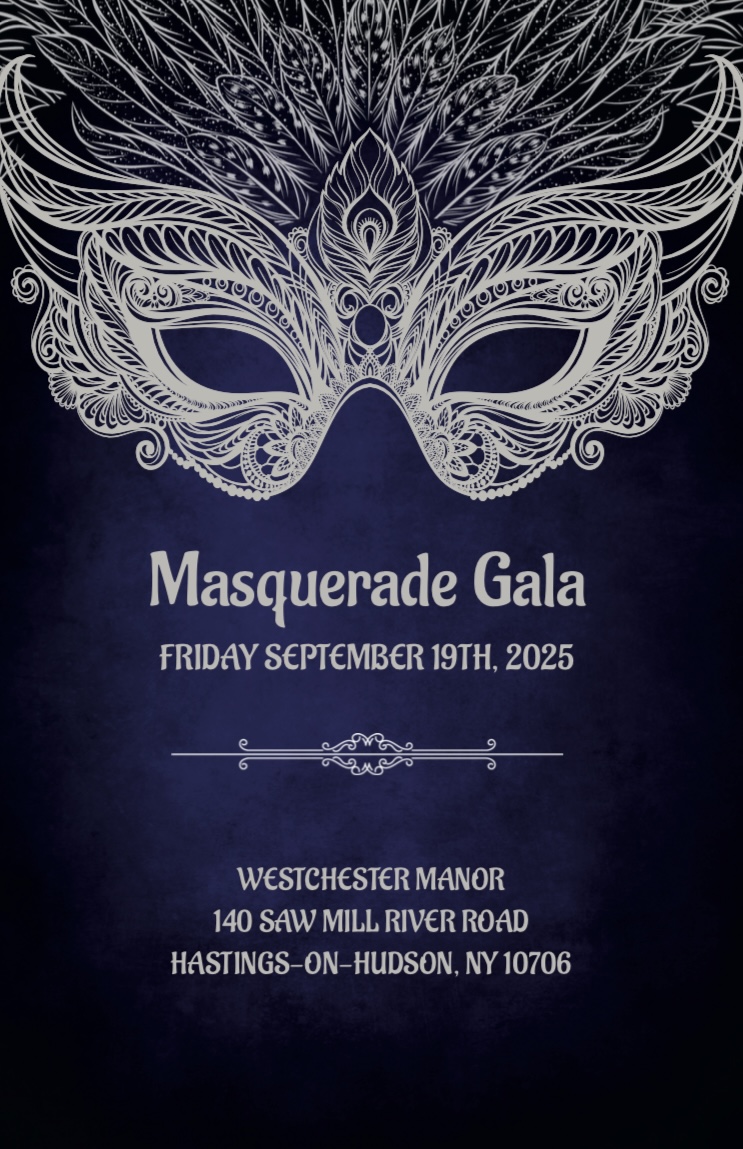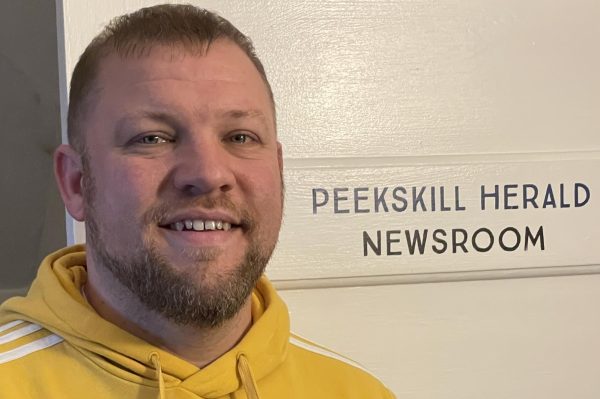Sixty one years ago, on April 19,1963 Johnny Cash debuted “Ring of Fire” written by his wife June Carter Cash. It became one of his biggest hits of all time, was named the #4 greatest Country song by Country Music Television (CMT) and placed #87 on Rolling Stone Magazine’s greatest songs of all time.
Within the first three seconds listeners know the song as the guitar pick strikes the first chords against the strings of the guitar. Johnny Cash begins, “Love is a burning thing, And it makes a Fiery Ring…” Almost 61 years ago to the day, the song’s first two lines have a different meaning. Those lines are the first ones that came to mind when thinking about this article for the Solar Eclipse of 2024. Of course our readers know that this is not a Johnny Cash song or “Love Story” as Taylor Swift sings about and Swifty’s love to sing. This Fiery Ring is a story of the moon passing between the sun and the earth blocking out the sun’s rays and casting a shadow on the surface of our planet.
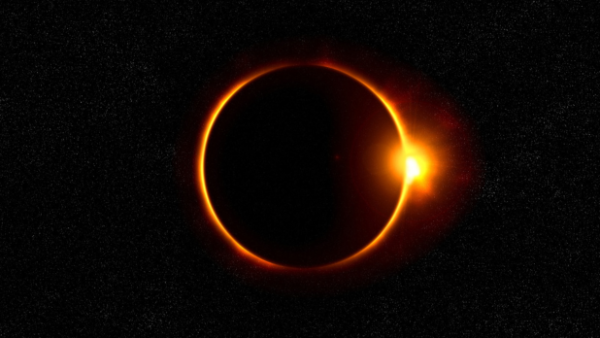
As many of our loyal Peekskill Herald readers may have heard from a plethora of different sources, on April 8th between 2:00 pm and 4:30 pm, there will be a total Solar Eclipse that passes right over the State of New York. According to the I Love NY Solar Eclipse website, Solar eclipses are fairly numerous, about two to four per year, with a total eclipse taking place about every 18 months. The last total solar eclipse visible from the U.S. occurred on Aug. 21, 2017 starting in Oregon cutting through the middle of the country in a southward direction and ending in South Carolina. The last total solar eclipse in New York was in 1925, nearly 100 years ago! The next total solar eclipse in the United States will be in 2045, but NY won’t be in the path of totality again until 2079. That is why this Solar Eclipse is such a big deal here in the State of NY.
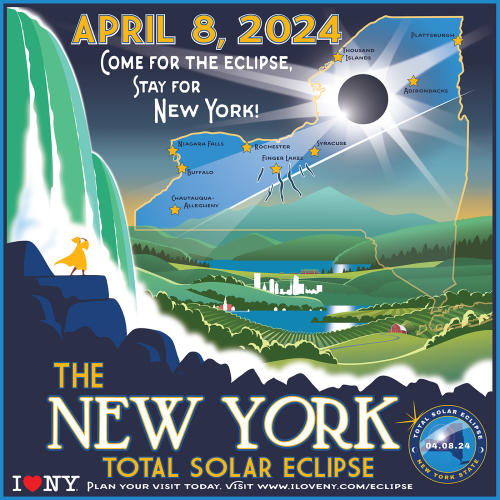
Here in the City of Peekskill, we will not see the full total eclipse but will get 92 percent of the sun blotted out and that is about as close to a total eclipse as we can get! Here at the Herald, we want to make sure our readers are well prepared and try to keep it as local as only we know how to do it.

Beginning exactly at 2:11 pm on April 8th in the City of Peekskill, the very first inkling of a shadow begins to appear on the sun as the moon passes in front of the sun. Over the course of the next 1 hour and 14 minutes the moon will continue to pass in front of the sun until the sun is 92 percent extinguished from the sky at 3:52 pm. That will be the peak totality here in the City of Peekskill for the solar eclipse. The moon will then begin to let the light shine back down on the earth over the next 44 minutes until the sun is fully exposed again at 4:36 pm according to the Interactive Eclipse Explorer from NASA.gov.
In preparation for the big event, the Peekskill City School District will be releasing students early and at different times for each building. Dismissal times for each school can be found here. Families of students were also sent home a letter detailing the Solar Eclipse of 2024 in English and Spanish. That letter, which is also available online, has links full of facts and pdf’s detailing the solar eclipse so that families and students are well prepared.
The Peekskill Office of Emergency Management put out information via their Facebook Page reminding citizens, “Safety precautions are needed for your eyes. In addition, drivers should utilize headlights during this period. Cellphones and the internet may experience service overloads due to people live streaming.”
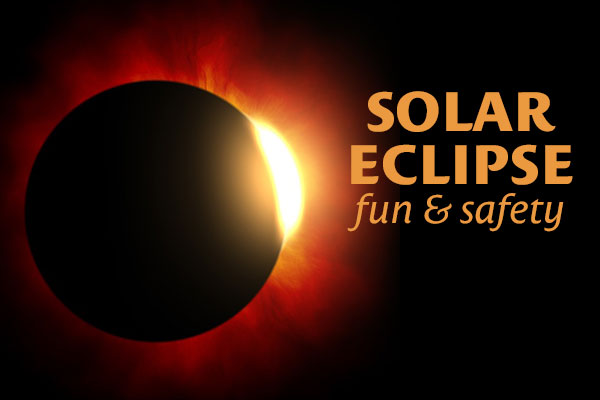
Governor Kathy Hochul announced earlier this month that the New York State Parks and Historic Sites will host a range of events and activities to celebrate the rare total solar eclipse. “While the state is prepared to welcome the public to view the total solar eclipse, the parks are also offering dozens of events and activities leading up to the extraordinary event. Our top priority is ensuring that New Yorkers and visitors can safely witness this generational spectacle,” said Gov. Hochul. “I encourage everyone to keep safety in mind so that all can savor this experience in our state.” Bear Mountain State Park and Rockefeller State Park Preserve will hold Eclipse Viewing events on Monday, April 8, 2024 from 2:00 to 4:00 pm. Bear Mountain State Park, “will have 50 eclipse glasses that will be distributed to guests on a first come, first served basis.” Rockefeller State Park Preserve, “will have a telescope set up for this rare and exciting event and commemorative safety glasses for the first 100 attendees to take home.” Both Bear Mt. State Park and Rockefeller State Park Preserve charge for parking.
County Executive George Latimer said, “experiencing the eclipse safely at the county parks is a great way to mark the phenomenon. It is rare for a total solar eclipse to be viewable to so many people and it’s exciting that it will be partially visible in our area.” Westchester County Parks will also be hosting solar eclipse events in five locations. The closest one to Peekskill will be at the Lasdon Park, Arboretum, and Veterans Memorial in Katonah, 2:30 to 4 pm. However, registration is required and the cost is $7 – $15 per person.
For those who cannot make it outdoors for various reasons, or if the clouds come rolling in and ruin the party, NASA will host live coverage of the eclipse from 1:00 – 4:00 pm. The agency’s eclipse coverage will include live views of the eclipse from across North America, special appearances by NASA experts, astronauts aboard the space station, and an inside look at NASA’s eclipse science experiments and watch parties across the country.
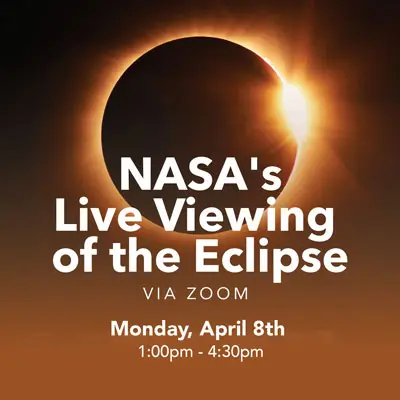
The NASA broadcast will stream on NASA TV, and the agency’s website. NASA will also provide a no-commentary, telescope-only feed of the eclipse on NASA Television’s media channel and YouTube, starting at 1 p.m and a watch party of the eclipse in Spanish starting at 1:30 p.m. on YouTube.
Local meteorologist and former News 12 and FiOs 1 weatherman Joe Rao details what will happen if mother nature decides not to participate in the solar event in this Space.com news article.
Public Safety Tips:
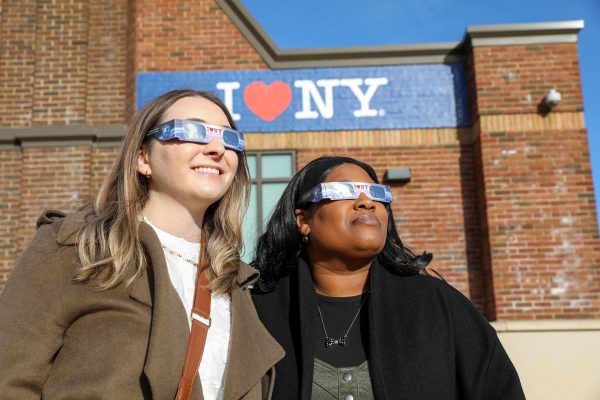
First and foremost, Keep Your Eyes Protected!
- Do not look directly at the sun during the eclipse, even during the limited time when the sun is completely covered by the moon. Only use certified Solar Eclipse Glasses to view the eclipse.
- If your eyes are exposed to the sun without the appropriate protection, it can cause “eclipse blindness,” which can temporarily or permanently damage your eyes.
- Locally, solar eclipse glasses can be found in various locations for free or for a small charge. Glasses can be found at the Field Library for free with a library card while supplies last. They can be bought at stores including Walmart, Shoprite, America’s Best eyeglass, Home Depot, and many other local stores as well as Amazon. Just ask where to find them when shopping around, even at places you may not think have them.
- Sunglasses will NOT protect your eyes.
- One of the best ways to view a solar eclipse is through a pinhole projector where you look at a projected image made through a pinhole in cardboard paper. Or even easier, grab a colander from the kitchen (not the mesh kind, the one with holes in plastic or metal)!
- Another way to view a solar eclipse without harming your eyes is by using International Organization for Standardization (ISO) 12312-2 certified eclipse glasses from a trusted source. Further information about safe viewing, including a list of eclipse glasses suppliers, can be found on the American Astronomical Society website.
Cell Phone & Optical Viewfinder Safety tips
- According to NASA, viewing any part of the sun through a camera lens, binoculars or a telescope without a special-purpose solar filter secured over the front of the optics will instantly cause severe eye injury.
- Don’t point your camera at the sun unless you’ve put a solar filter over the lens.
- Use a solar filter over the phone’s camera lens (you can also use spare eclipse glasses to cover the phone camera lens).
- Apps like Solar Snap for Android or Apple or apps for long exposure mode and a timer can help you photograph the event.
- Use a tripod and practice setting up and using the timer to automate the process so you can enjoy watching the event.
- For more safety tips on recording the solar event through your cell phone or camera visit Preventblindness.org
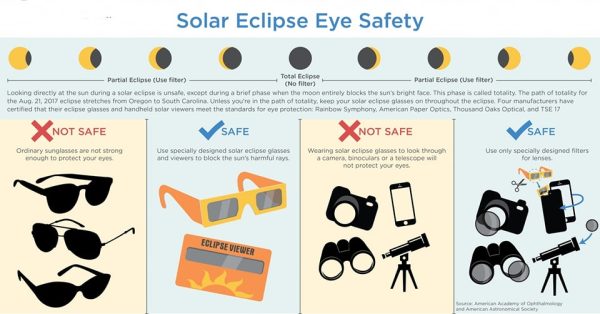
Be Prepared While on the Road
- Traffic volume is expected to be very high on the day of the eclipse. If you must be out, allow for plenty of extra travel time.
- Do not stop to view the eclipse along the roadway, especially interstates, parkways, and freeways. Choose a safe viewing destination off the road and arrive early to ensure you are ready for the big show!


